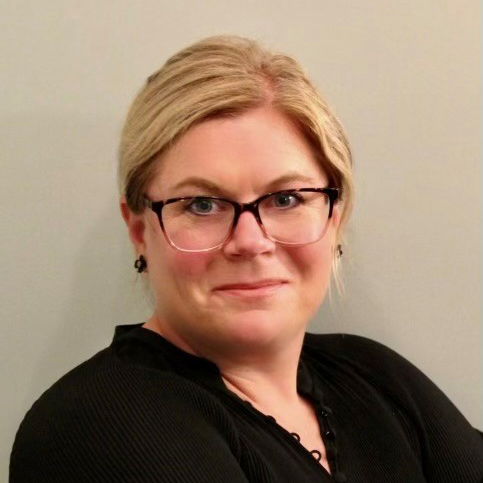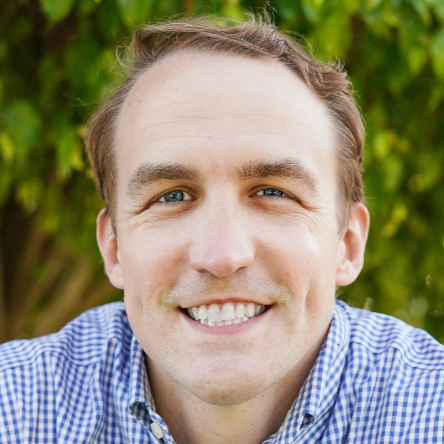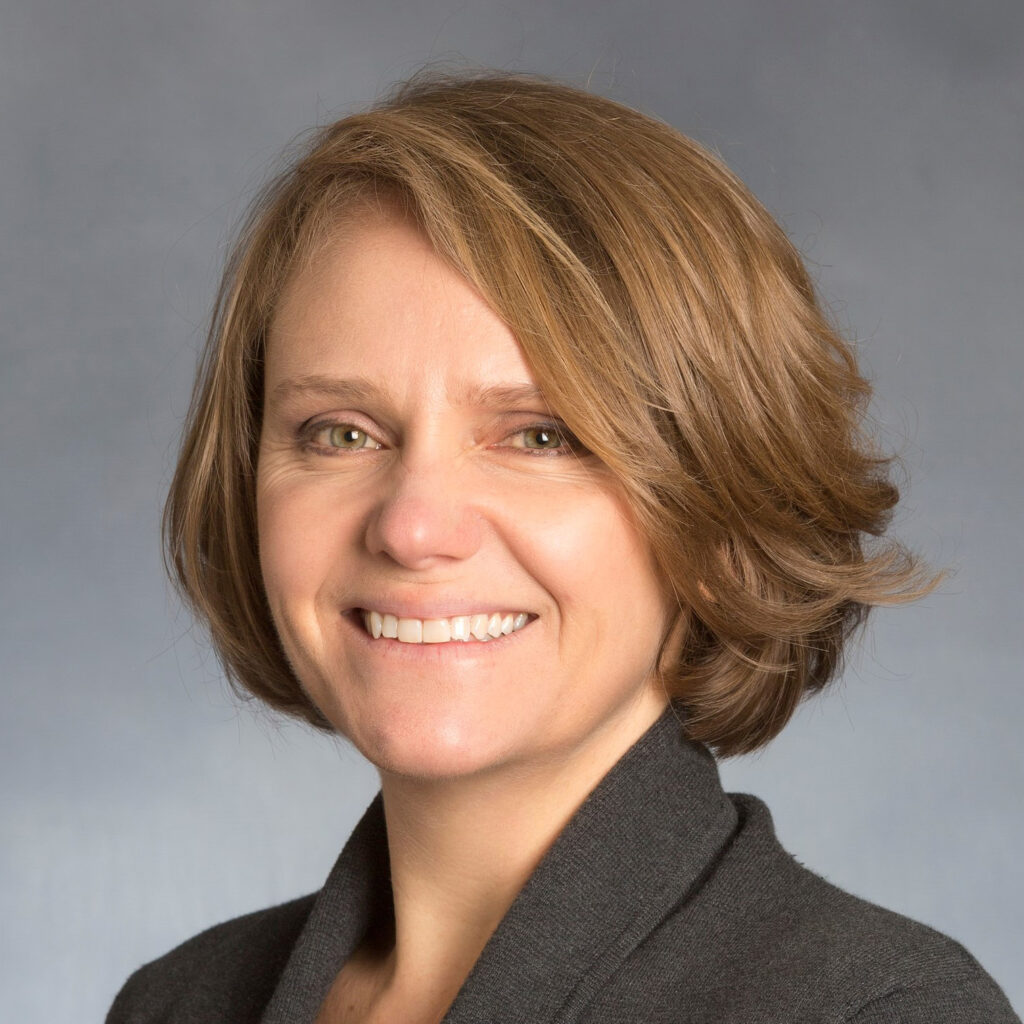Health Equity Initiative (2020-2024)
Historically, many patient communities are underrepresented in research and have been left out of the development of measures and methods for health technology assessment.
Health technology assessment (HTA) advances health equity when it reduces health disparities by aligning access and affordability of healthcare technologies and services with the differing needs and values of diverse patient populations, especially those who are most marginalized.
As the U.S. moves toward a value-based healthcare system, the data inputs and evidence base used to drive this shift must reflect the diversity of patients and represent the different values that patients hold their health and healthcare.


Patient engagement and innovation of methods can move us closer to achieving health equity.
The Center’s Health Equity Initiative, a two-year endeavor, aimed to propel multi-stakeholder dialogue on optimizing healthcare valuation. The initiative was guided by scientific leadership and a collaborative steering committee. This multidisciplinary team, spanning health equity, clinical effectiveness, patient preferences, HEOR methods, HTA, and data analytics, spearheaded the initiative. Key participants also include payers, purchasers, and employer communities, with special emphasis on patients, advocates, and care providers—taking a lead role.
Project Objectives
The Center engaged advisors and stakeholders to explore key formative questions:
- How do we ensure that the data and methods used for HTA adequately account for the diversity of patients?
- How can HTA meet the urgent need to reduce health inequities in our society?
Without explicit attention to these issues, HTA runs the risk of continuing or exacerbating inequity.
Through this initiative, the Center for Innovation & Value Research worked to embed health equity considerations throughout our research projects, educational offerings, and patient and stakeholder engagement activities to catalyze action in the development of methods in HTA that promote equity in health access and outcomes.
STEERING COMMITTEE

Tammy Boyd, JD, MPH
American Cancer Society Cancer Action Network

Tammy Boyd, JD, MPH
American Cancer Society Cancer Action Network

Vakaramoko Diaby, PhD, MSc, CRA
Otsuka

Amy Duhig, PhD
Takeda

Amy Duhig, PhD
Takeda

Nelly Ganesan, MPH
Rock Health

Nelly Ganesan, MPH
Rock Health

Karen Mancera-Cuevas, DrPH, MPH, MS
National Health Council

Karen Mancera-Cuevas, DrPH, MPH, MS
National Health Council

Jacquelyn McRae, PharmD, MS
PhRMA

Eberechukwu Onukwugha, PhD, MS
University of Maryland

Eberechukwu Onukwugha, PhD, MS
University of Maryland

Lauren Powell, PhD, MPA
Biogen

Lauren Powell, PhD, MPA
Biogen

Jacob Quinton, MD, MSHS, FACP
Center for Medicare and Medicaid Innovation

Jacob Quinton, MD, MSHS, FACP
Center for Medicare and Medicaid Innovation

Melanie Ridley
Center for Innovation & Value Research

Melanie Ridley
Center for Innovation & Value Research

Ashley Valentine, MRes
Sick Cells

Ashley Valentine, MRes
Sick Cells
Publications & Resources
Report
This report examines how data and methodological practices in health technology assessment can be redesigned to better account for health
…Report
This report concludes the Health Equity Initiative by focusing on how communications and use of health technology assessment (HTA) must
…Report
This overview describes IVI’s Health Equity Initiative, which aims to embed health equity as a core objective of value assessment
…Report
This report outlines how health equity must be embedded throughout health technology assessment to ensure value-based care truly benefits all
…Report
This report argues that there is no meaningful assessment of value in healthcare without equity and calls for fundamental—not incremental—changes
…Poster
The IVI Health Equity Initiative poster presented at the 2023 AcademyHealth Annual Research Meeting synthesizes findings from a multi-state, multi-stakeholder
…